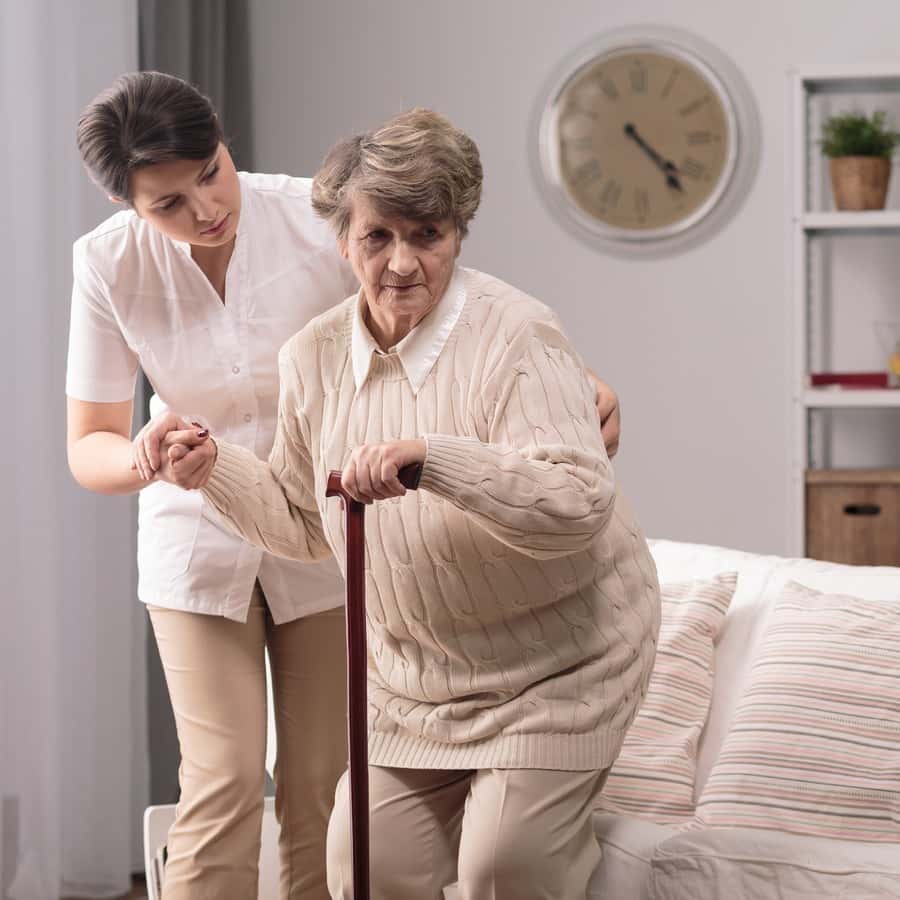
People who experience a sudden drop in blood pressure and feel dizzy when standing may be at greater risk for dementia later in life. Doctors call this experience “orthostatic hypotension” or “postural hypotension.” They worry that their older patients with this condition could fall and injure themselves (Aydin et al, Clinical Interventions in Aging, Jan. 25, 2017). Now, however, there is an additional concern. People who get dizzy upon standing or sitting up suddenly may be more likely to develop dementia later.
Postural Hypotension Linked to Dementia Risk:
That is the finding from a new study presented at the EPI/LIFESTYLE Scientific Sessions of the American Heart Association. Researchers collected data from more than 11,000 middle-aged volunteers beginning in 1987.
The investigators were especially interested in people who had orthostatic hypotension. They defined this as a rapid fall in systolic blood pressure (20 points or more) upon standing up. Many of these volunteers felt dizzy at the same time.
Orthostatic Hypotension and Later Dementia:
Subjects who were found to have orthostatic hypotension when they enrolled in the trial were at 40 percent greater risk for dementia later in life. The volunteers were followed for at least 20 years.
The authors acknowledged that this is an association rather than a cause of dementia. That said, they pointed out that a sudden drop in blood pressure that leads to dizziness could be linked to diminished blood flow to the brain. Although this effect is temporary, it could conceivably have lasting negative consequences for cognitive function.
Presented March 10, 2017, at the American Heart Association’s EPI|LIFESTYLE 2017 Scientific Sessions in Portland, OR
Blood Pressure and Dementia in Sweden:
Another recent study also concluded that people who feel dizzy due to a drop in blood pressure when they stand up are more prone to dementia as they age. The Malmö Preventive Project in Sweden tracked 18,240 volunteers between 1974 and 2006 (Holm et al, European Journal of Epidemiology, online Feb. 11, 2017). Those whose diastolic blood pressure dropped when they stood up were more likely to develop dementia. Only two percent of the participants were diagnosed with dementia, so the overall risk was not high. However, it increased by about 22 percent with each 10 points that diastolic blood pressure fell.

